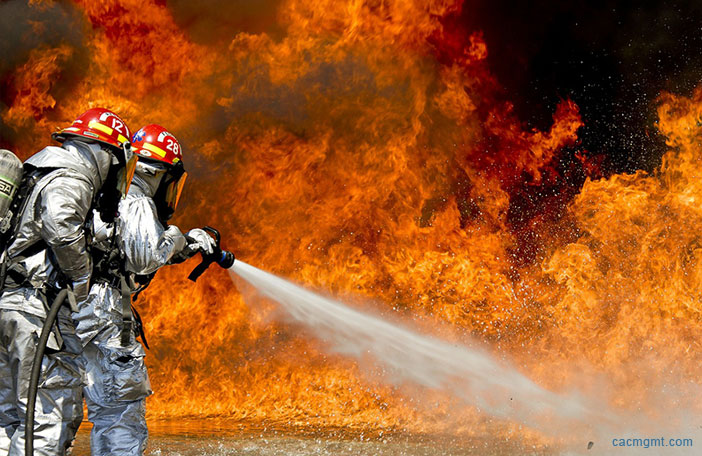Below is a helpful tip from the Davis-Stirling.com Newsletter by ADAMS | STIRLING PLC regarding . . .
DISSOLVING THE ASSOCIATION DUE TO DISASTERS
QUESTION: I am a homeowner in the Paradise Pines Owners Association. On November 8, the Camp Fire struck our association. It was the largest fire in California history and wiped out the town of Paradise and many homes in our association.
Many owners lost employment, many are still displaced and will never return. Homeowners are finding themselves in dire straits whether their home survived or not.
Our association serves no purpose for what is left. Many of us would like to dissolve our association. Are their special circumstances to dissolution due to this disaster?
ANSWER: The Campfire was stunning in its speed and destructive power. I understand the desire by some to never return to the area. Your ability to dissolve your association depends on your governing documents and various approvals.
Governing Documents. Your CC&Rs should have a section labeled “Damage/Destruction to Improvements” or something similar. It addresses destruction of common area elements, reconstruction costs, insurance, and possible membership approval regarding reconstruction or dissolution.
Amenities. For a planned development such as yours, dissolving the association could be difficult to justify. If common area amenities were damaged or destroyed (a clubhouse, playground, etc.) but homes remain largely intact, dissolving the association may not be an option since rebuilding amenities may be fully covered by the association’s insurance.
Property Values. Restoring amenities would increase property values. A home in an association with amenities has more value than the identical home in the same location without amenities. For that reason, existing mortgagees (lenders) might have a voice in the decision.
Sale of Common Areas. Dissolution of the association means the common areas must be sold since there will be no entity to maintain them. Depending on the configuration of your common areas, they may have little or no value. If the common areas cannot be sold and if the county is unwilling to take ownership, a court may be unwilling to dissolve your association even if the membership approved the dissolution.
Board & Membership Approval. Because of the significant impact of dissolution, it must be approved by the board of directors (Corp. Code §§7911(a)(1) & 8610(c)) and 100% of the membership (Corp. Code §8724).
Business Judgment Rule. If the board is truly accepting legal advice from a manager, especially when there is a threat of litigation, directors have legal exposure. It puts them outside the protection of the business judgment rule. Without that shield, board members can be held personally liable for the decisions they make. (See Palm Springs II HOA v. Parth.)
RECOMMENDATION: Your board needs to consult legal counsel about possible dissolution of your association and the various legal requirements for doing so. For more information, see “Dissolving an Association.”
For more knowledgeable information regarding the business of HOA’s, visit: The Davis-Stirling.com Newsletter

